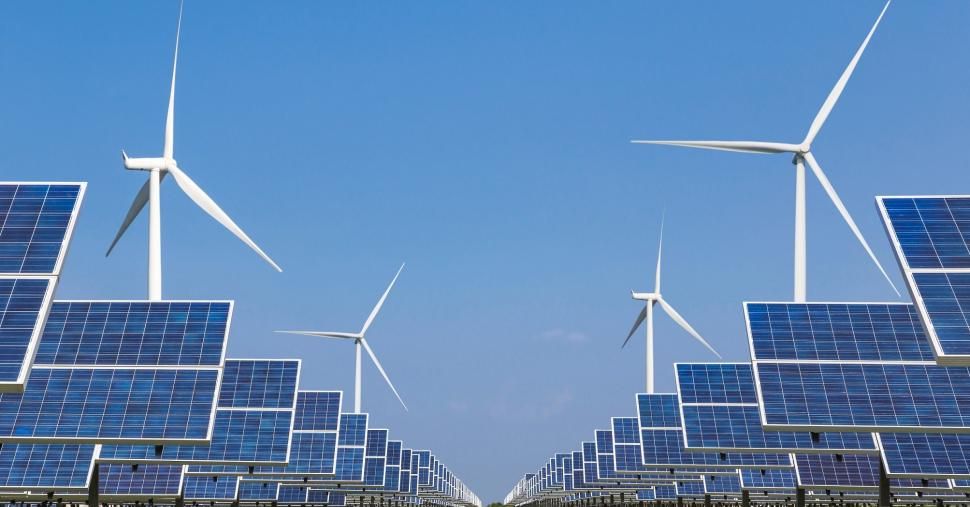
The energy sector has changed a great deal over the last 30 years with vast growth in the use of bio fuels, renewable energy and the development of the first generation of electric automotive engines to name a few. One thing, however, has stayed the same and that is that digitalisation hasn’t really yet taken hold of the industry. Unlike other sectors where automation and AI have revolutionised the way they operate, the energy sector lags behind.
When we talk about digitalisation we aren’t referring to just internet connected ‘smart’ electricity meters, or remote-control household heaters – we are talking in much broader terms. Virtual power plants – sensors that can read and control the flow of power in real time – are likely to be the starting point for the digital transformation of the energy sector, and then the remote control of power distribution. In its pursuit of complete decarbonisation, the energy industry aims to move away from a central grid system, to a system that allows smaller scale renewable sources to feed into the main source, and this is where technology comes into play – ensuring that all power sources are connected and talking to each other.
The efficient use of renewable energy, which is weather-dependent, will become even more important than it is now – through intuitively monitoring supply and demand, technology can help to predict and level out peaks and troughs in renewable supply.
We could see IT systems monitor and facilitate the sharing of surplus energy with geographical neighbours, smaller business with more modern processes will be able to enter the energy market – perhaps encouraging the big players to be more dynamic in their thinking.
Although these changes are exciting, some scepticism remains. Questions like ‘could all this technology leave the industry open to cyber-attack?’ and ‘is it safe, or commercially viable to share data and energy, on such a large scale?’ are still being asked but one thing is clear, if the world is going to reduce emissions on a large scale, the way we currently do things needs to change.
How does this affect the curriculum of engineering students in the classroom today? In short, it doesn’t – the engineers of tomorrow need to know the basics if they are to take what is largely an analogue industry and combine it with the IT and communications sector. We still need experts in the tried and tested engineering disciplines to take the energy industry into the future.
For more details, please feel free to contact our Technical Specialist Manager:

